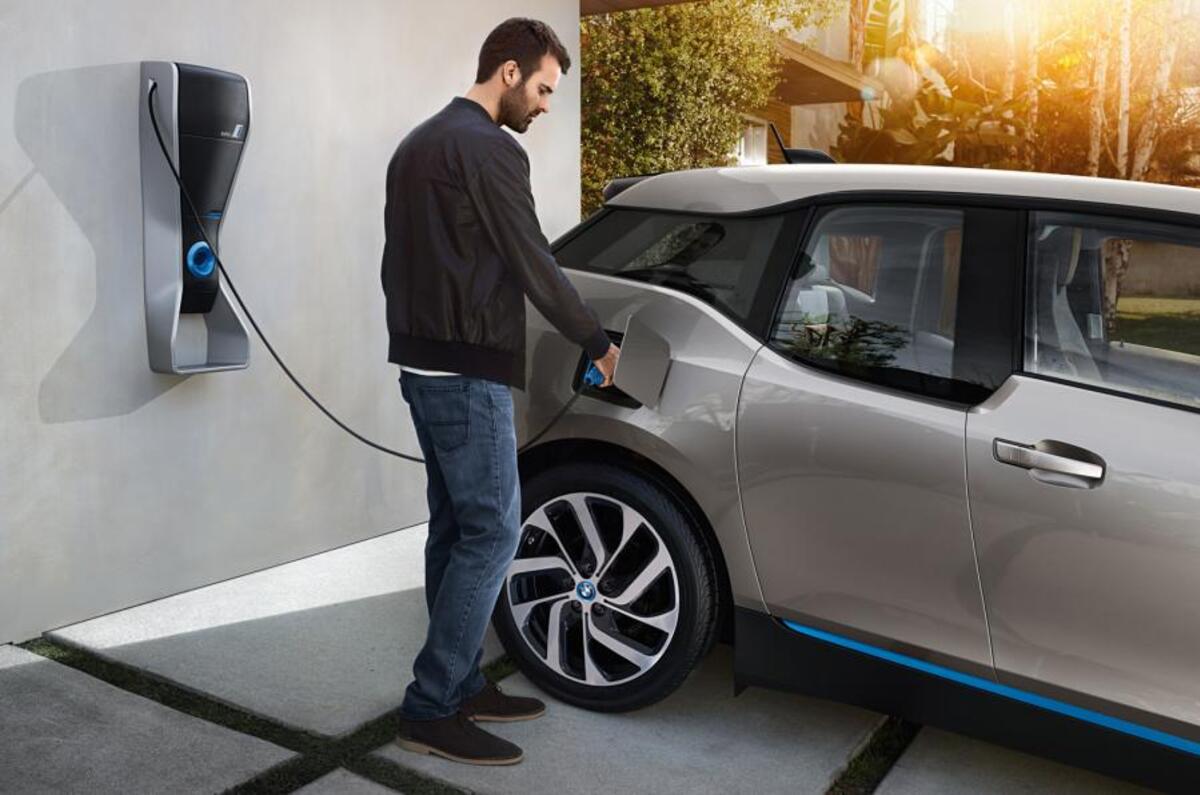Six electric vehicles (EVs) plugged in to charge at one time is enough to cause a local electricity grid overload in some areas, according to an environmental thinktank.
Fears of grid overload as the take-up of plug-in hybrid (PHEV) and fully electric vehicles accelerates have amplified, and Green Alliance now alleges that action must be taken to prepare the national grid before the UK reaches the 'EV tipping point'.
The thinktank advises that decentralisation of energy supply is necessary and that the energy supply needs to be controlled to cope with an evening spike in demand – when most drivers will arrive home from work and plug in their cars.
Electric and other alternatively fuelled vehicles (AFVs) is the fastest-growing segment of the UK car industry; last month’s SMMT market analysis revealed that it grew by 31% compared with March 2016, and that such cars now make up 4.1% of the total market.
These are, of course, eclipsed by the 52.5% petrol and 43.4% diesel market shares, but the growth is predicted to only accelerate as consumers turn towards the benefits and financial advantages of AFVs, while diesel drivers face ever-stiffer charges for their cars’ emissions.
Green Alliance said that the public could contribute back into the grid from solar panels; according to the Green Alliance only 20% of local grids can accept this energy, but would quell the supply problem if the remaining 80% was able to take energy.
EV batteries used as energy storage may also quell the problem, says the Green Alliance, and “could store enough power to keep the UK’s lights on for 7 hours at a time by 2025”, given the right government intervention, the thinktank said. The storage would help to even out the peaks and troughs of demand, and could be recharged at off-peak times.
Green Alliance’s acting policy director, Dustin Benton, said: “Small-scale energy is growing rapidly because consumers are choosing it, regardless of government subsidy. With the right policy, EVs and solar could help keep the lights on and cut consumer bills. Political parties need to outline how the large-scale energy the UK needs and the small scale energy people want can work better together.”





Join the debate
Add your comment
Speak to the National Grid
We are now at the point that we are voluntarily not running coal power stations for days on end because there just isn't the grid demand.
I love Autocar, but please consult the powers that be (pun kind of intended)
Haha.. solar panels will
Scrap the subsidies!